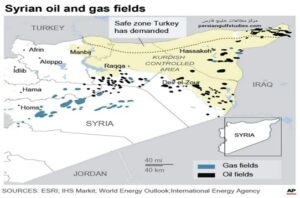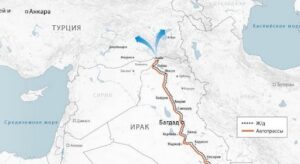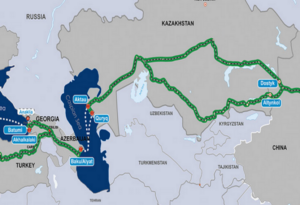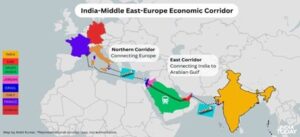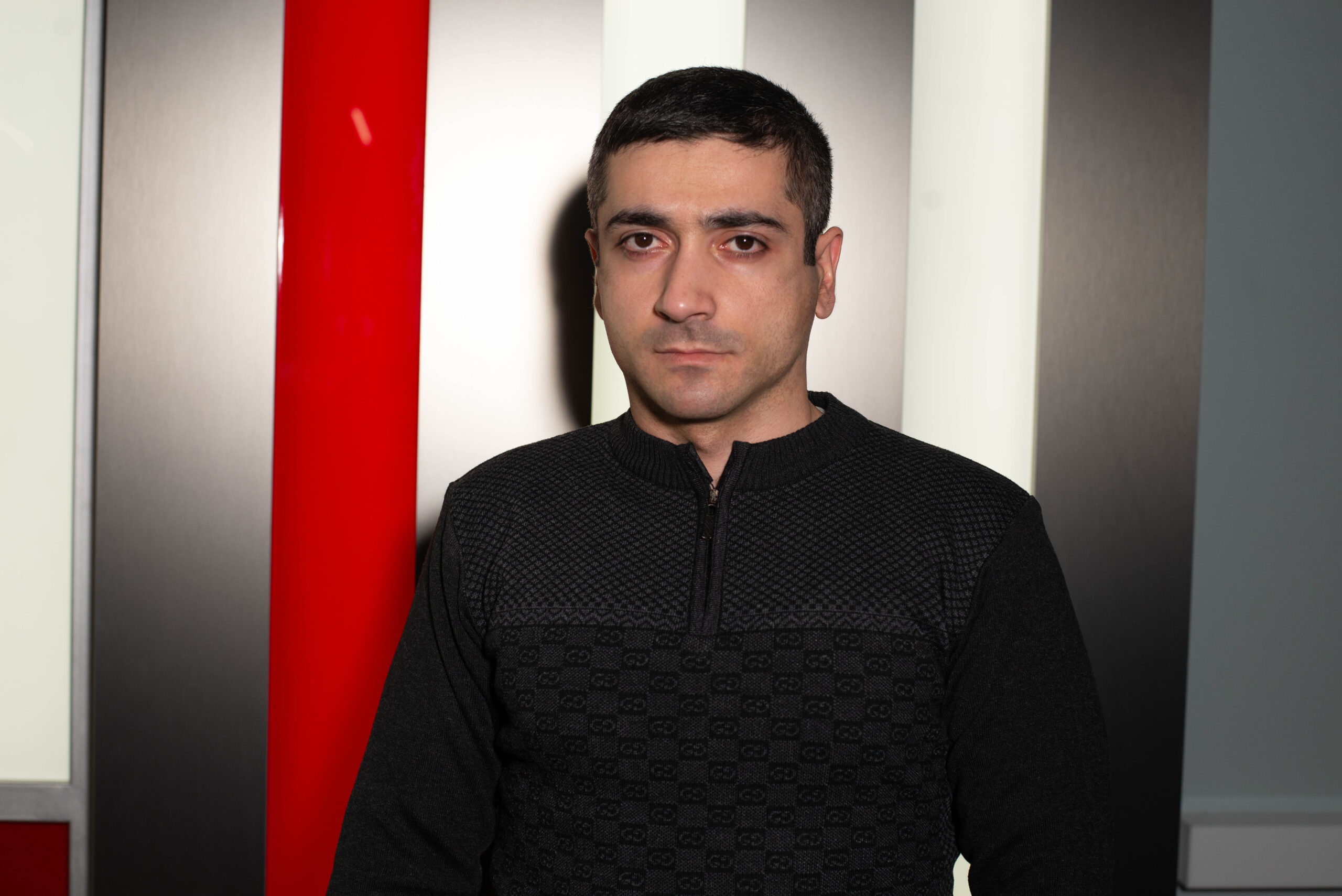
Turkey may attack Israel: What has changed in the region?
Turkey may attack Israel. The Jerusalem Post and several international news outlets indicate that the Nagel Commission has submitted a report on this to Israeli Prime Minister Benjamin Netanyahu, along with the defense and finance ministers. The commission’s report highlights that new challenges are emerging for Israel—now in the person of Turkey—in the region following Iran’s withdrawal from Syria. Given Turkey’s geographical proximity to Israel, the threats it poses could be greater than those from Iran.
The Nagel Commission was established by order of the Israeli prime minister. It acts as a state advisory body that, in fact, plays the role of a think tank and has a decisive role in shaping the country’s strategy. And now, this state commission reports that Turkey, once considered Israel’s regional ally, has turned into a strategic adversary. This is not just Israel’s unilateral fear. Earlier, Turkish President Recep Tayyip Erdoğan accused Israel in front of the media of preparing possible military actions against Ankara. Thus, the statements of the leaders of the two countries and the highest state bodies raise reasonable doubts that the interests of Ankara and Tel Aviv may seriously clash in the region. What could cause such a sharp change in relations between these two countries? Media reports suggest that Israel’s military operations in Gaza have strained relations with Turkey. However, it’s important to note that the Gaza conflict is well on the way to being resolved. Moreover, while Turkey condemned Israel’s military actions, cooperation and trade between the two countries continued at the same levels. Ankara’s criticism and economic restrictions against Tel Aviv were largely formal and aimed at boosting Turkey’s reputation in the Islamic world. According to Bloomberg, trade volumes between Turkey and Tel Aviv remained steady even as the Israeli Air Force was razing the settlements of Gaza to the ground. Moreover, Ankara did not prevent Azerbaijani goods from reaching Israel from its ports. During this period, Turkey directed unilateral threats at Israel, but after certain events, these threats were replaced by mutual accusations, with both sides accusing each other of preparing for war against each other. These two events were the overthrow of the Assad regime in Syria and the establishment of the so-called Iraqi communication hub. On these two points, the interests of the former regional allies are indeed in serious conflict. After pro-Turkish forces gained power in Syria, Ankara began military operations against Kurdish forces in northern Syria, which are supported by the U.S. and Israel. By launching military operations against the Kurds, Turkey and its proxy forces are pursuing two goals: first, to neutralize the Kurdish factor in the territories adjacent to Turkey’s borders, since after the fall of the Assad regime, they may have real opportunities to create an independent state in the north of Syria with the support of Israel and the United States. This, in turn, may cause a domino effect in the region and especially in Turkey, where 25 million Kurds live. In addition, Ankara pursues serious economic interests in the Kurdish-populated areas of Syria. By taking control of these areas rich in oil wells, Turkey aims not only to solve its energy problems, but also to export Syrian fuel to Europe, where an energy crisis has arisen after sanctions against Russia.
The map shows oil wells under Kurdish control in Syria.
Conversely, Israel supports the Kurds as they seek to become a significant player in the Middle East, where Israel, being surrounded by enemies, needs allies. The Kurdish population in the region exceeds 40 million; primarily living across Iran, Iraq, Syria, and Turkey, their aspirations for independence could have a serious destructive impact on the mentioned countries. And this destructive impact fully coincides with the interests of Israel, since Iran, Israel’s current enemy, will suffer from it; it may also lead to the dismemberment of Iraq and Syria, which have previously been a serious threat to Israel, and whose territories Iran has always used as a zone of influence. After gaining independence with the support of Israel and the United States, Kurdistan, which possesses oil and gas resources, can really be a serious supporter of Tel Aviv.
However, the Kurdish factor not only harms Israel’s opponents, but also poses a threat to Turkey’s expansionist aspirations, and even its territorial integrity. Therefore, it is quite natural that Ankara and Tel Aviv have significant contradictions here. Some analytical centers, like The Caspian, noted that Israel, having destroyed the air defense systems and military equipment left over from the Assad regime, aims to use Syrian territory in the future—without being wary of its air defense systems—to carry out air strikes on Iran. However, if Israel and Turkey maintain their previous relations internally, and pro-Turkish authorities are now at the helm in Syria, then why should Israel be concerned about the air defense systems in the hands of pro-Turkish forces when carrying out air strikes on Iran? And why did Israel destroy even ordinary military equipment? Perhaps it is to ensure that this equipment is not used against the Kurds, while allowing Israel to not only utilize its air force against Iran but also, if necessary, to counter Turkish proxy forces, thereby restraining Ankara’s far-reaching ambitions.
Another factor worsening Turkish-Israeli relations is Ankara’s ambitions to become a regional communication “hub”, particularly the Iraqi road communications hub being built under its auspices. It opens the way to the Persian Gulf, and from there to the Indian Ocean, which makes Turkey a connecting link between Europe and the Far East.
The map shows the Iraqi corridor.
Generally, a glance at the maps of regional communication hubs reveals that nearly all major international routes—the Trans-Caspian, the New Silk Road, and now the Iraqi corridor—pass through Turkey—almost all of them, except for the India-Middle East corridor, which was planned to be created with U.S. support in order to make Israel a connecting link between Europe and the East.
The map shows the Trans-Caspian Corridor.
The map shows the India-Middle East corridor to be created.
The India-Middle East corridor could not only provide Israel with substantial revenues but also enhance its economic ties with neighboring Arab countries based on economic gains. It would also circumvent the Bab-el-Mandeb Strait, currently paralyzed as a sea route due to Iranian-backed Houthi actions in Yemen. However, Ankara’s aspirations to become a regional communications “hub” and especially its moves to create an Iraqi road are not only competitive, but also make the India-Middle East corridor unviable.
Thus, once-allied Turkey and Israel now face serious clashes of interest on two critical points. This situation is unlikely to lead to a large-scale military conflict between the two sides soon. However, proxy military operations, particularly in Syria, may occur, where pro-Turkish forces supported by the Turkish military and the Kurds backed by the Israeli air force could clash. Given these developments, the Nagel Commission views Turkey as a new threat to Israeli interests. If relations between Israel and Turkey further deteriorate on the above-mentioned problematic points, it will definitely be in Armenia’s interests, as Ankara will be even more involved in regional issues, while being forced to postpone plans to obtain a corridor from Armenia through Syunik. As to Azerbaijan, it will have to choose between allies, since during a serious escalation of relations between Israel and Turkey it will not be possible to sit in two chairs at once.
Ashot Barekyan
